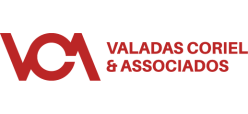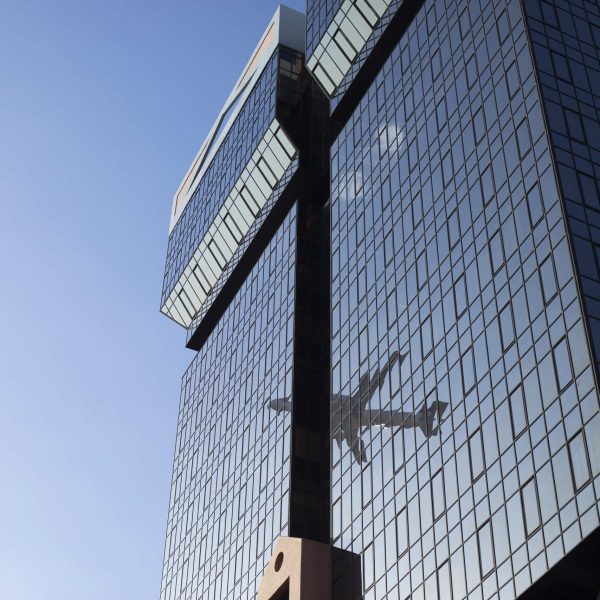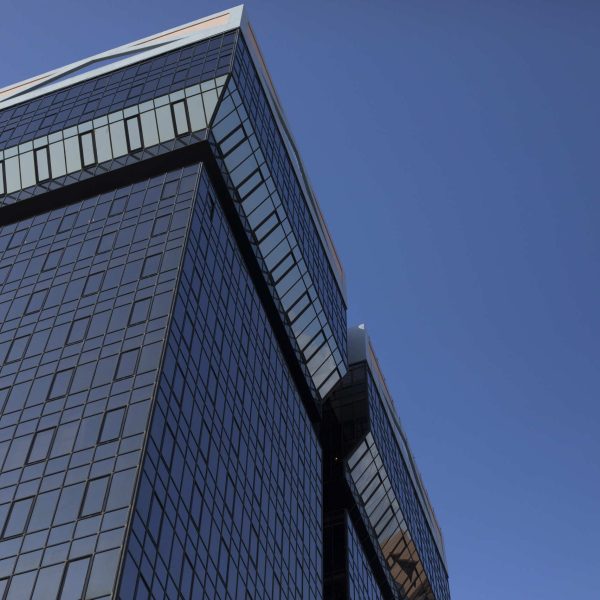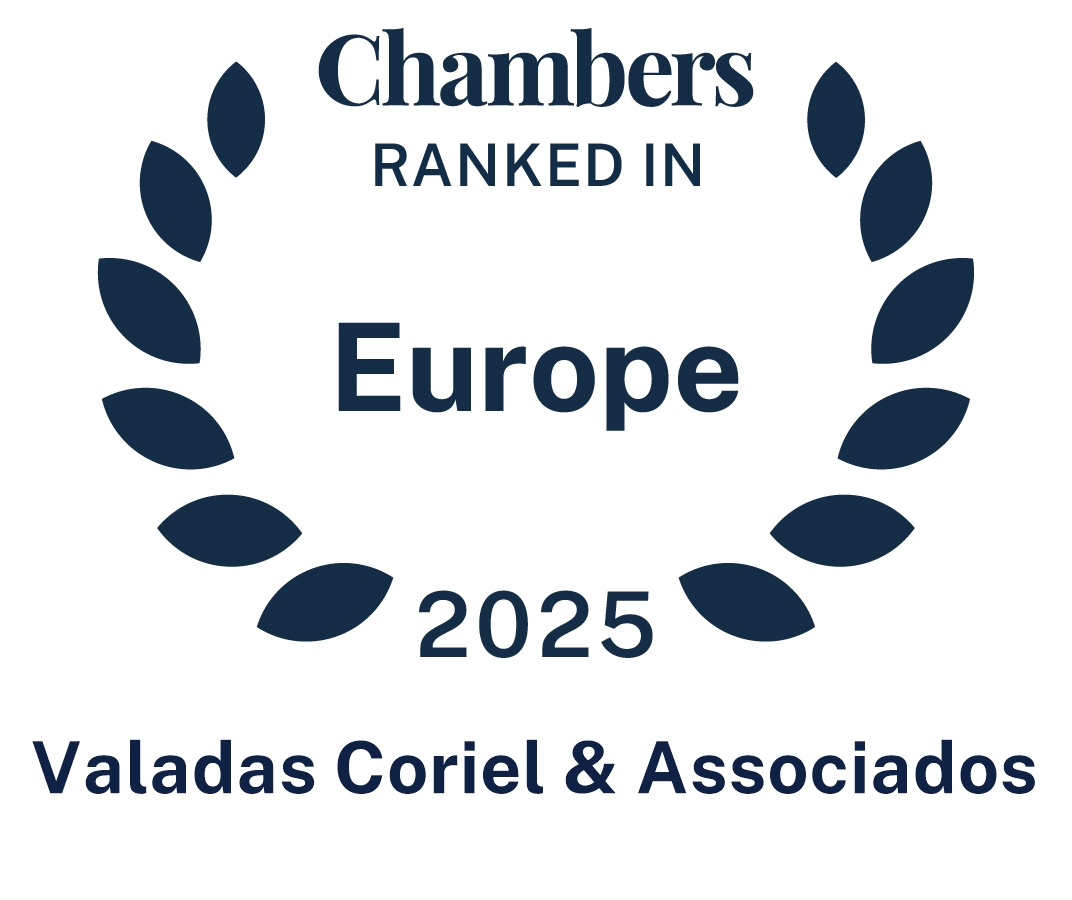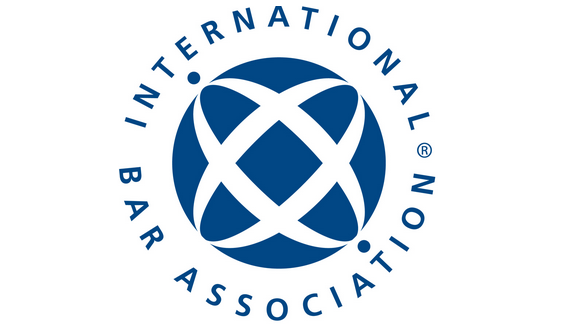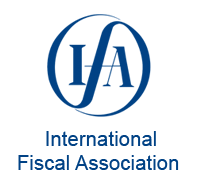Portuguese parliament has voted the increase of “derrama” by 2% for companies with profits above 35 million euros. Basic corporate tax rate is 21%, but “derrama” is an addition that can now go up to 9%, thus making the top Portuguese corporate tax rate an uncompetitive 30%.
This hike was forced by the parliamentary extreme left upon the socialist party and the Finance minister that know too well that this is a put off for any sizeable company willing to establish operations in Portugal.
This blow to the attractiveness of Portugal as an investment destination comes after the socialist party reneged on a bi-partisan corporate tax overhaul of 2012 that was meant to bring the corporate tax rate to 17%.
The measure, cheerfully applauded by communists and “bloquistas”and unashamedly purported to choose labourers over capital, comes after local elections held in September in which the socialist party ripped a large number of communist councils and where the “bloquistas” had their general election votes halved . Hence the necessity of the minority partners to push the government to the left and take credit as to regain momentum over the left electorate.
Socialists govern Portugal since 2015 despite coming in second place in the general election. This was made possible by an unprecedented parliamentary coalition between socialists, communists and bloco de esquerda (the caviar left).
In forty years of democracy, the communist party had previously voted against every government, every single budget and had regularly asked for the eviction of every single minister. However the continuation of a centre right coalition that imposed the harsh “troika” bailout from 2011 to 2015 was too menacing for the power of the public sector unions, which is its power base, regularly paralysing public transportation, schools and hospitals. This drove communists and the “bloco” to enter a deal with the socialist party that came to be known as the “geringonça” (gizmo is a loose translation).
João Valadas Coriel
